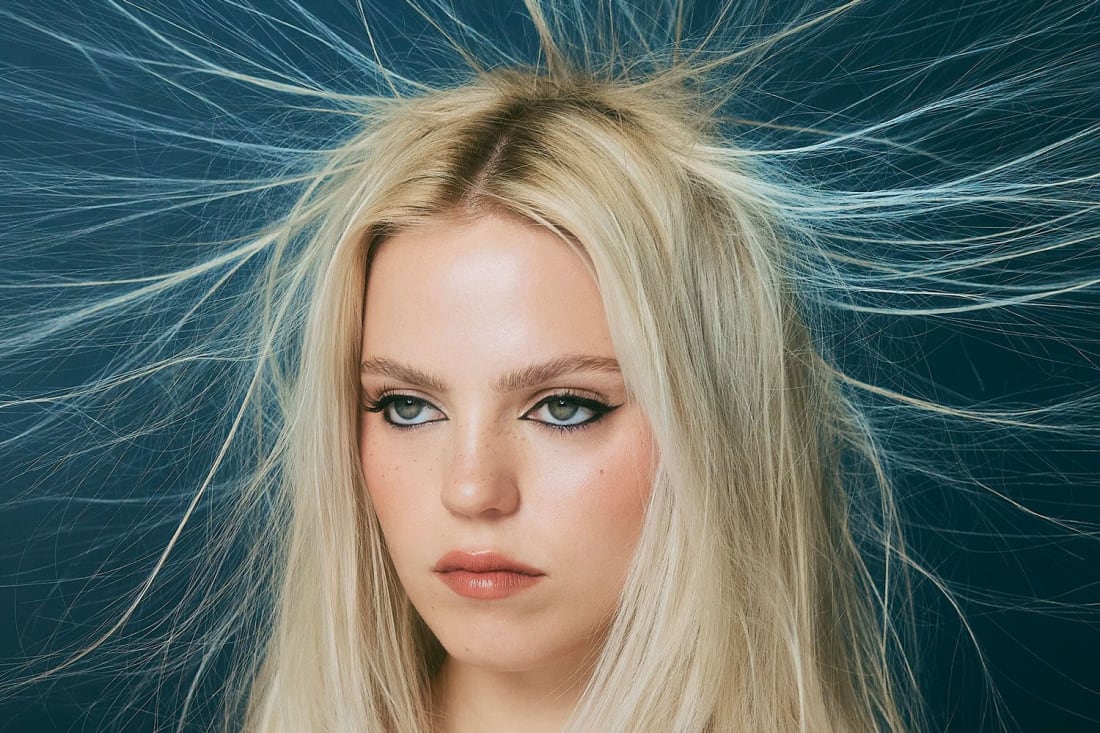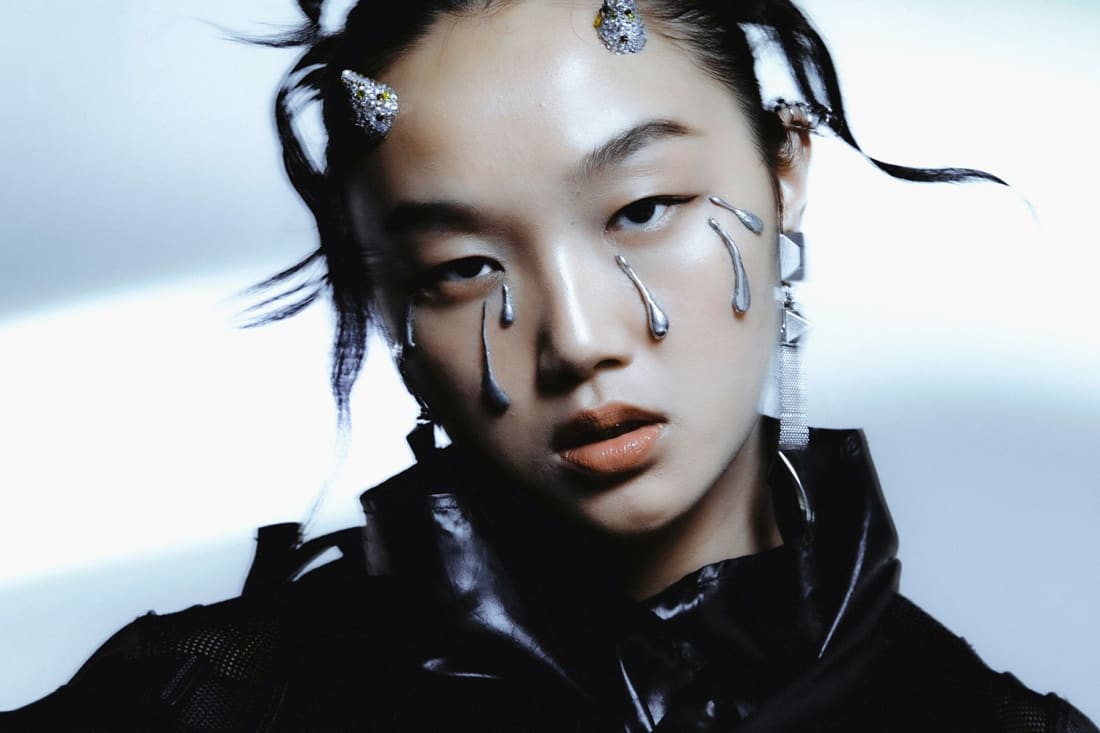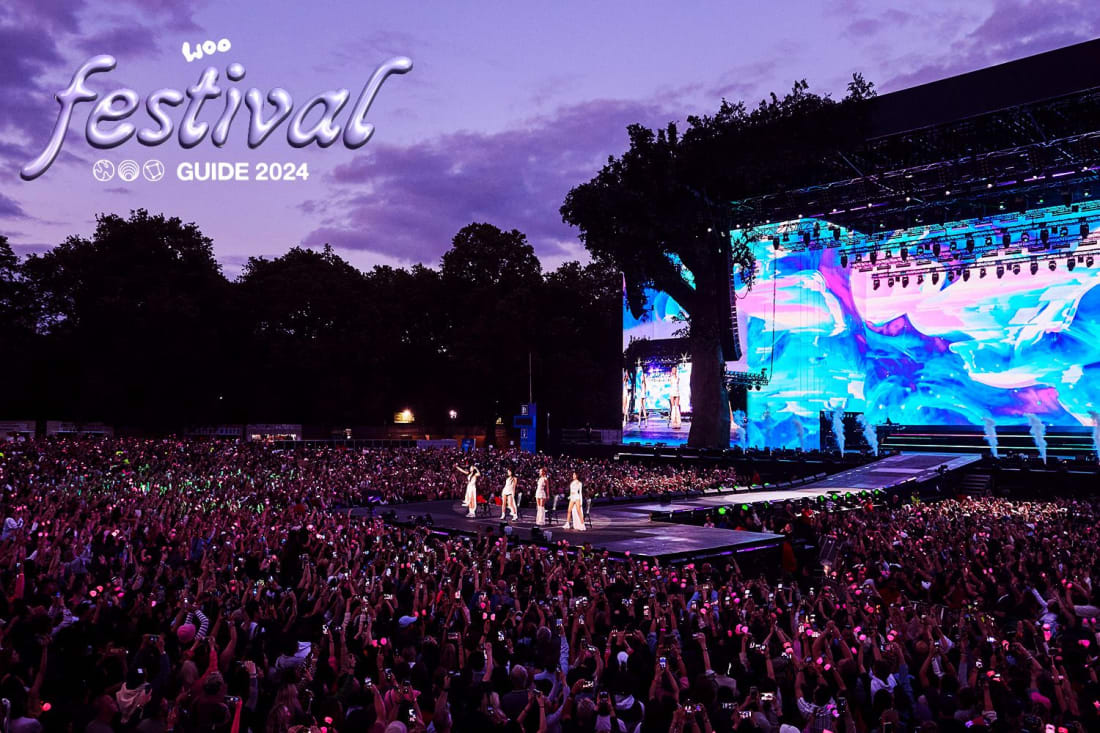Why we need to stop calling people ‘industry plants’
music industry insiders tell us why it’s time to retire the phrase…
music industry insiders tell us why it’s time to retire the phrase…
If the term ‘industry plant’ conjures up an image of a Swiss cheese at your 9-5, it’s possible that you don’t spend much time on Twitter (sorry, X). Recently, the phrase has been cropping up all over the platform, an insult launched at musicians including – but not limited to – Ice Spice, Victoria Monet, The Last Dinner Party, Flo, and Sexyy Red.
But what actually is an industry plant, and why are we seeing the term pop up everywhere? “An industry plant to me is an artist who is perceived as having been artificially propelled into the music industry's spotlight,” music content creator Mimi the Music Blogger tells woo. “Often with the backing of a major label or influential figures, rather than gaining recognition solely through grassroots support or genuine talent.” She sees a clear difference between an ‘industry plant’ and someone who’s been through artistic development.
Mimi gives the example of Tate McRae, an artist that people are suggesting “appeared out of nowhere with significant marketing campaigns and industry connections, rather than building [her] career gradually”. When you look at McRae’s past, it’s clear she’s no newcomer to entertainment. Aged 13, she was a finalist on So You Think You Can Dance, and later caught the eye of RCA Records with a song she posted online in 2017. That gained her major label backing and the financing to take her to a level where she’s now got billions of streams. But Mimi suggests that the ‘exes’ singer hasn’t had the organic fanbase and growth that other mainstream artists have worked to earn over time.
“I think [‘industry plant’] is probably something that has always been levelled at artists who rise up quickly,” says Dan McCormick, Senior Publicist at Brace Yourself. “With social media, it feels more widespread, and I think taps into a wider insecurity or malaise felt by some people regarding how the world operates. That sense of alienation draws them to conspiracy theory and tribalism.” On X, one user suggested that Raye was a plant, clearly not realising that the singer’s dramatic exit from the major label complex was a large part of her recent astronomical success.
“Overuse of 'industry plant' seems to have reached a critical mass where it's mostly an insult directed at individuals, by people who don't think they deserve their success,” says Patrick Hinton, editor of Mixmag. “There's not much sense in directing more anger at the 'plant' than the 'industry', which is the real villain.”
To further discredit the phrase, Hinton points to growing shifts within the music industry. “Unless you're Taylor Swift, or that level, artists aren’t the ones with real power,” he says. “Money is being diverted from musicians and hoarded by corporations and shareholders. The concept of 'selling out' is basically dead at this point, because it's harder than ever to make a living from your art. People are having to play the game to succeed, and benefiting from available tools and infrastructures is good business sense that doesn't in of itself detract from your art.”












